Different Types Of Mulch: Which One Is Right For Your Garden
Different Types of Mulch: Which One is Right for Your Garden?
Mulch is a layer of material that is spread around plants to help improve the soil and protect the plants from weeds, pests, and diseases. There are many different types of mulch available, each with its own benefits and drawbacks.
In this blog post, we will discuss the different types of mulch and help you choose the right one for your garden.
Organic Mulch
Organic mulches are made from plant materials that have decomposed over time. They are a good choice for gardens because they improve the soil quality, retain moisture, and suppress weeds. Some common types of organic mulches include:
- Wood chips: Wood chips are a versatile mulch that can be used in a variety of gardens. They are relatively inexpensive and easy to find.
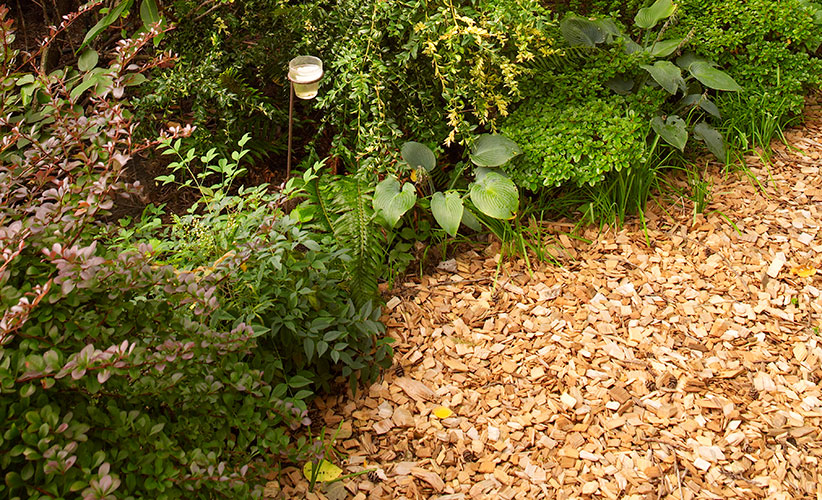
- Pine bark: Pine bark is a dark brown mulch that is made from pine tree bark. It is attractive and helps to improve the drainage of soil.
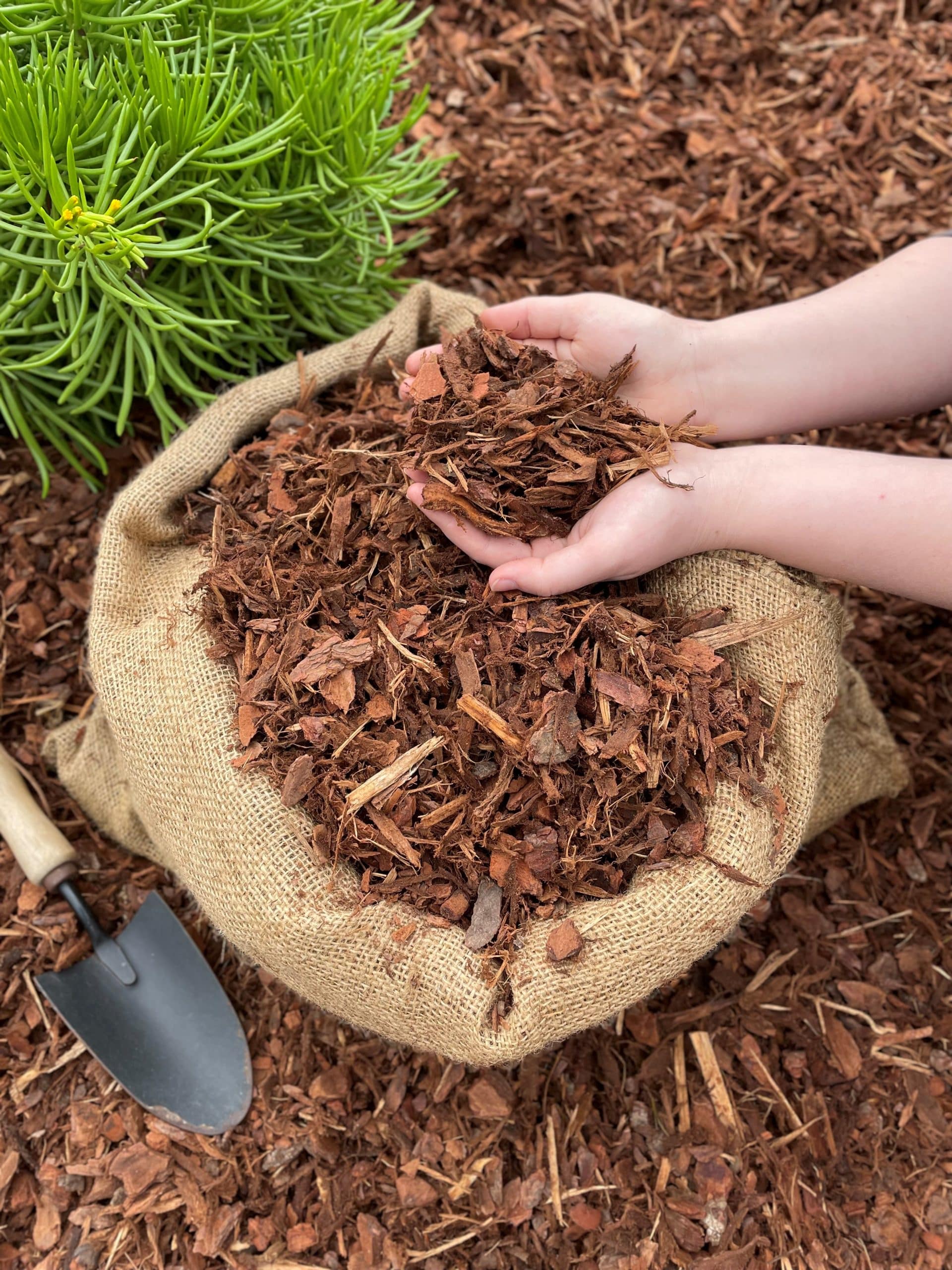
- Shredded leaves: Shredded leaves are a free and easy-to-find mulch. They are best used in fall and winter, when leaves are plentiful.
- Grass clippings: Grass clippings are a good choice for gardens that need to be watered frequently. They help to retain moisture and suppress weeds.
- Compost: Compost is a nutrient-rich mulch that is made from decomposed organic matter. It is the best choice for gardens that need to improve their soil quality.
Inorganic Mulch
Inorganic mulches are made from materials that do not decompose, such as stones, gravel, and plastic. They are a good choice for gardens where weeds are a major problem. Some common types of inorganic mulches include:
- Gravel: Gravel is a decorative mulch that helps to improve the drainage of soil. It is best used in gardens with sandy or clay soils.
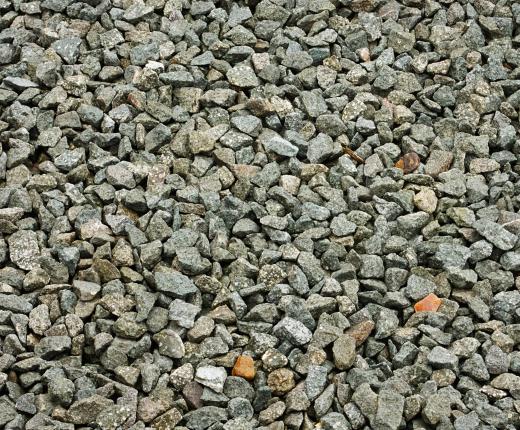
- Stones: Stones are a durable mulch that can last for many years. They are best used in gardens where weeds are a major problem.
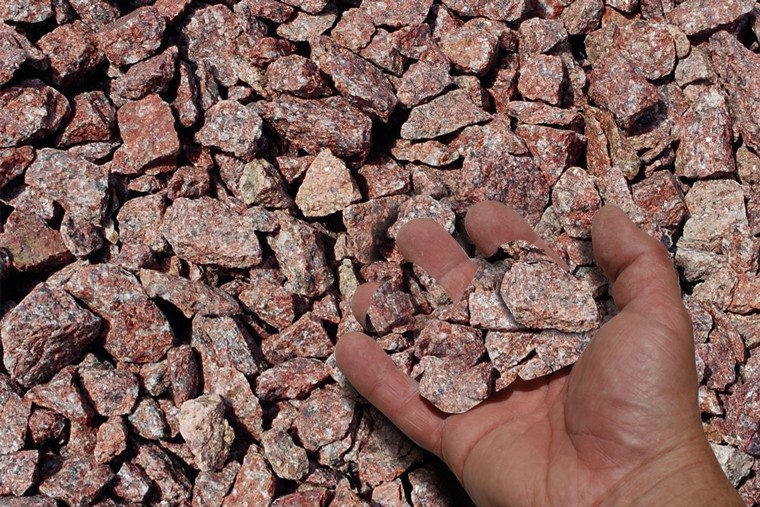
- Plastic: Plastic mulch is a long-lasting mulch that can help to suppress weeds and retain moisture. It is best used in gardens where weeds are a major problem and moisture retention is important.
How to Choose the Right Mulch for Your Garden
When choosing a mulch for your garden, there are a few factors to consider:
- The type of plants you are growing: Some plants prefer certain types of mulch. For example, acid-loving plants such as blueberries and rhododendrons prefer pine bark mulch.
- The climate in your area: In hot, dry climates, you will need a mulch that retains moisture. In cold climates, you will need a mulch that insulates the soil.
- Your budget: Mulch can range in price from free (shredded leaves) to expensive (landscape fabric).
- Your personal preference: Some people prefer the look of organic mulches, while others prefer the durability of inorganic mulches.
How to Apply Mulch
Once you have chosen the right mulch for your garden, you need to apply it correctly. Here are a few tips:
- Apply the mulch in a layer that is 2-4 inches thick.
- Spread the mulch evenly around the plants, leaving a few inches of space between the mulch and the stems of the plants.
- Do not pile the mulch up against the stems of the plants, as this can encourage rot.
- Reapply the mulch as needed throughout the season.
Conclusion
Mulch is a valuable tool for any gardener. It can help to improve the soil quality, retain moisture, suppress weeds, and protect plants from pests and diseases. By choosing the right type of mulch for your garden and applying it correctly, you can enjoy the benefits of mulch for many years to come.
There are two basic types of mulch: organic and inorganic. Organic mulches are made from plant materials, such as wood chips, bark, leaves, and straw. They decompose over time, adding nutrients to the soil and helping to suppress weeds. Inorganic mulches, such as gravel, stone, and plastic, do not decompose. They can be used to prevent weeds and retain moisture, but they do not add nutrients to the soil.
The best type of mulch for your garden will depend on the plants you are growing, the climate in your area, and your personal preferences. For example, if you live in a warm climate, you may want to use a mulch that will help to retain moisture, such as wood chips or bark. If you are growing vegetables, you may want to use a mulch that will suppress weeds, such as straw or black plastic.
To learn more about different types of mulch and how to choose the right one for your garden, visit Home Gardening.
FAQ of different types of mulch
Here are some of the most frequently asked questions about different types of mulch, along with valuable insights and solutions:
- What are the different types of mulch?
There are many different types of mulch available, each with its own unique properties and benefits. Some of the most common types of mulch include:
* Wood chips: Wood chips are a popular choice for mulch because they are relatively inexpensive and easy to find. They also help to retain moisture in the soil, suppress weeds, and improve drainage.
* Pine needles: Pine needles are another popular choice for mulch. They are naturally acidic, which can be beneficial for plants that prefer acidic soil. Pine needles also help to retain moisture and suppress weeds.
* Shredded bark: Shredded bark is a type of mulch that is made from tree bark. It is a good choice for suppressing weeds and improving drainage.
* Rocks: Rocks are a type of mulch that is often used in areas with high foot traffic. They can also help to retain moisture and suppress weeds.
* Compost: Compost is a type of mulch that is made from organic materials, such as leaves, grass clippings, and food scraps. It is a good choice for improving soil fertility and drainage.
- What are the benefits of using mulch?
Mulch offers a number of benefits for plants, including:
* Retaining moisture: Mulch helps to keep the soil moist by preventing evaporation. This is especially important during hot, dry weather.
* Suppressing weeds: Mulch creates a barrier that makes it difficult for weeds to germinate and grow.
* Improving drainage: Mulch helps to improve drainage by allowing water to seep into the soil more slowly. This can help to prevent waterlogging and root rot.
* Protecting plant roots: Mulch helps to protect plant roots from extreme temperatures and pests.
* Attracting beneficial insects: Mulch can attract beneficial insects, such as ladybugs and earthworms, which can help to control pests and improve soil health.
- How much mulch should I use?
The amount of mulch you need to use will vary depending on the size of the area you are mulching and the type of mulch you are using. In general, you should apply a layer of mulch that is 2-4 inches thick.
- How often should I reapply mulch?
You will need to reapply mulch as needed, depending on the type of mulch you are using and the climate you live in. In general, you should reapply mulch every 1-2 years.
- What are some safety precautions to take when using mulch?
There are a few safety precautions you should take when using mulch, such as:
* Wear gloves and long sleeves to protect your skin from the sharp edges of some mulches.
* Avoid using mulch that has been treated with chemicals.
* Keep mulch away from children and pets.
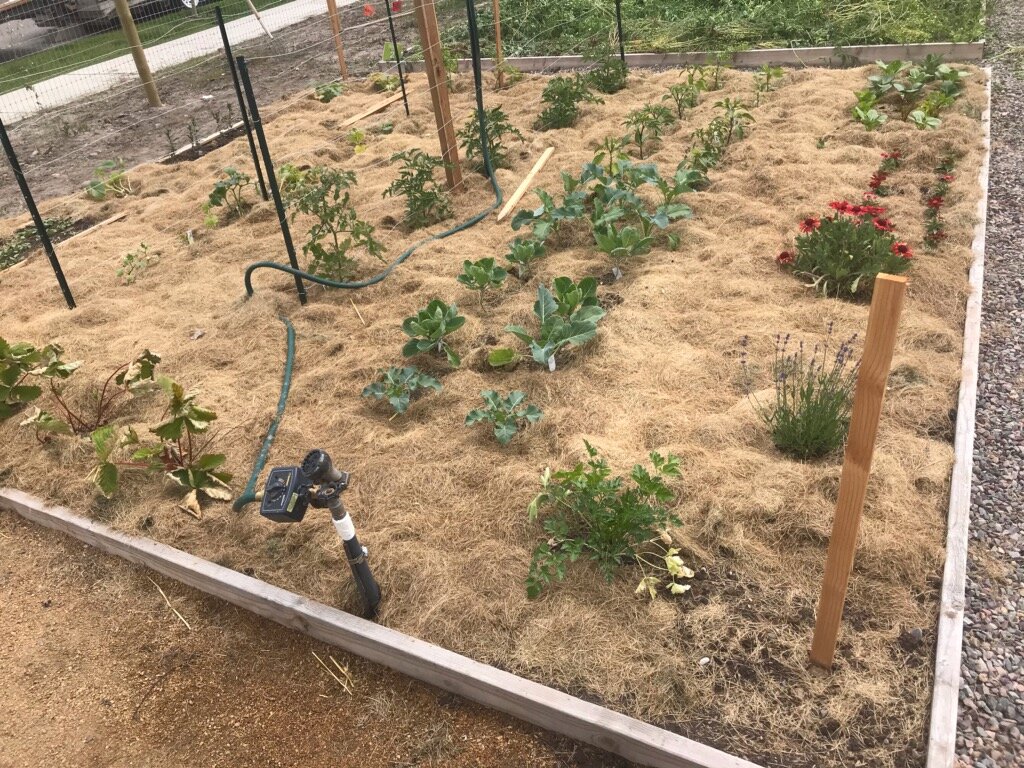
Post a Comment for " Different Types Of Mulch: Which One Is Right For Your Garden"